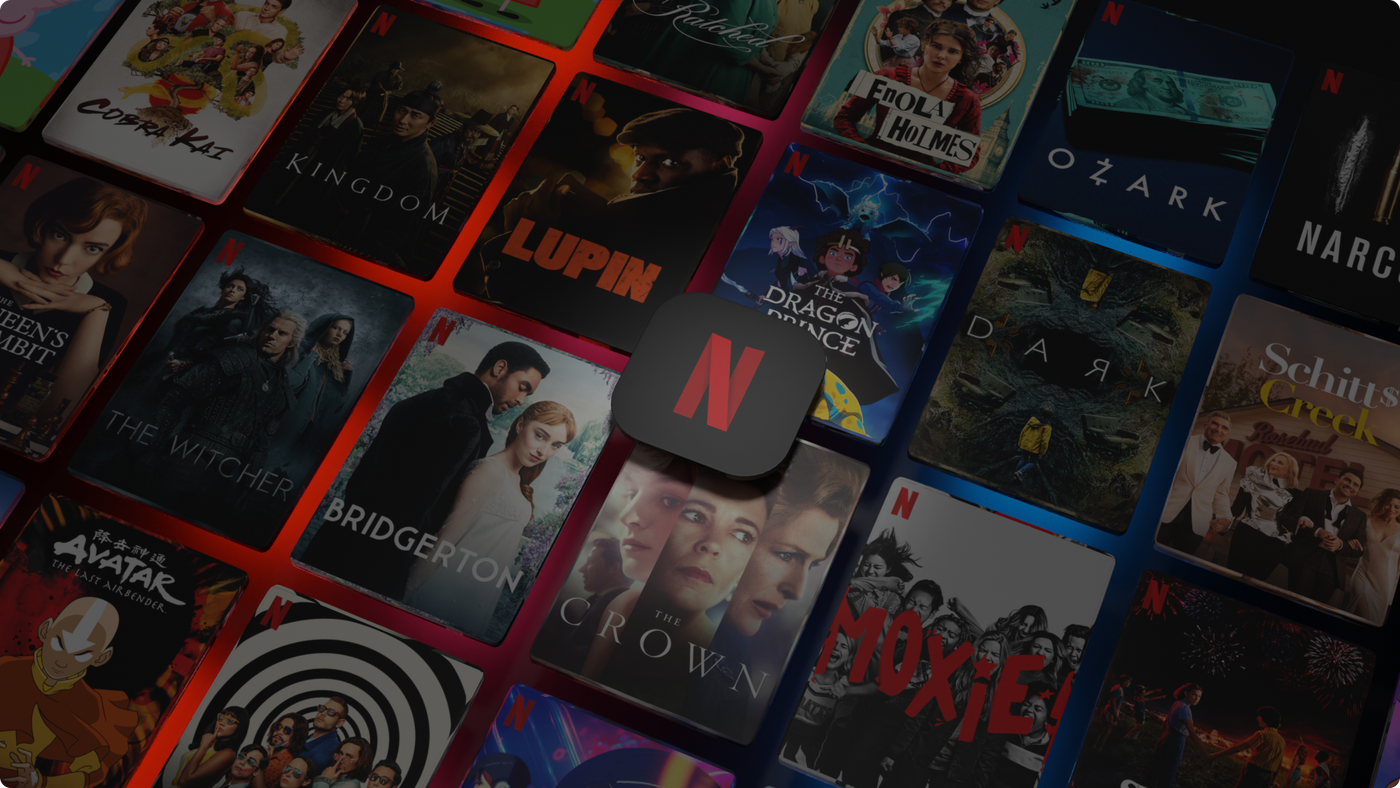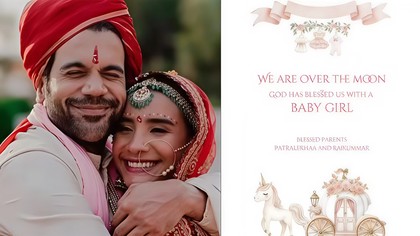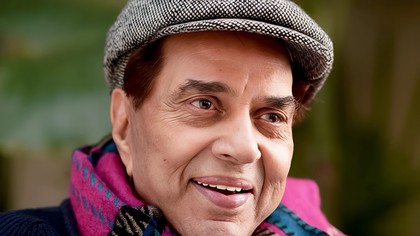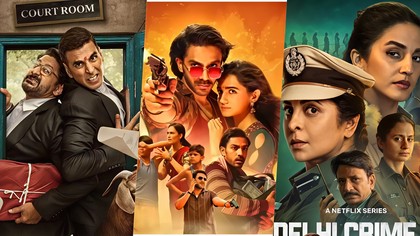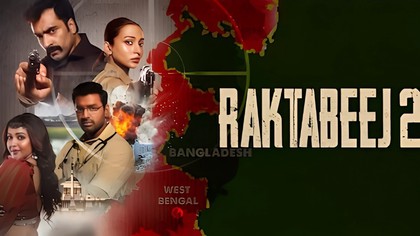From quiet defiance to painful confrontations, Indian web series are no longer painting fathers as unshakable pillars or silent providers. They are revealing them as flawed, fearful, and sometimes frightening. This new wave of storytelling is confronting the emotional scars left by patriarchy, one broken household at a time.
There was a time when Indian screens celebrated the father figure a silent protector, a stern provider, a godlike man who sacrifices quietly. But in recent years, the narrative has shifted. Indian web series have begun to deconstruct the patriarch exposing not just the emotional absence, but the deep, inherited wounds fathers leave behind. These are not simple stories of rebellion. They are about pain passed down in the name of tradition. They show sons who grew up ignored, daughters who were controlled, and families where love was always conditional.
In Tabbar (SonyLIV), the father is a protector but the protection turns dark. What begins as an act of survival quickly morphs into a descent into moral ambiguity. The story is not just about what a father would do for his family, but about how far the idea of masculinity and dominance can push a man before he breaks everything in his path.
In Yeh Kaali Kaali Ankhein (Netflix), the protagonist’s father isn’t a traditional villain, but his past decisions and his submissiveness in front of power have long term consequences for his son. The absence of spine becomes just as harmful as the presence of a whip.
Guns & Gulaabs (Netflix) delivers a twisted father son equation where admiration slowly turns into alienation. The myth of the ‘ideal man’ is shown as a toxic expectation passed from one generation to the next. What happens when a son is expected to become a mirror image of a father who was never whole?
In Rana Naidu (Netflix), Venkatesh’s character Naga is both comic relief and emotional ruin. His relationship with his son is loaded with shame, regret, and manipulation. There’s no healing arc here, just layers of resentment disguised as family banter. It exposes how unresolved male egoism breaks every bond before it’s even built.
Even in The Great Indian Dysfunctional Family (ZEE5), the stoic army father archetype is peeled back to show decades of emotional unavailability. Love, when delivered through commands, leaves children with no space to cry, let alone grow.
These series are not interested in clean resolutions. They don't want to redeem every father or hand out forgiveness like a moral prize. Instead, they sit with the discomfort. They let the silence echo in living rooms. They let rage feel justified. They let trauma stay unhealed. Because that is how it often is in real homes.
The Indian household, once a temple of unquestioned patriarchy, is now being observed, critiqued, and written about with more honesty than ever before. These shows don’t seek to destroy the idea of a father, but they do want to rebuild it this time with truth, tears, and some overdue accountability.
For more emotionally honest storytelling and series that question everything, follow Binge Moves on Instagram and Facebook.

